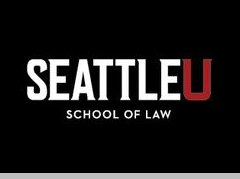Abstract
In 1998, Congress passed the Digital Millennium Copyright Act. This law provided new methods of protecting copyright in online media. These protections shift the normal judicial process that would stop the publication of infringing materials to private actors: the online platforms. As a result, online platforms receive notices of infringement and issue takedowns of allegedly copyrighted works without the judicial process which normally considers the purpose of the original notice of infringement. In at least one case, discussed in detail below, this has resulted in a notice and takedown against an individual for reasons not related to the purpose of copyright, and not related to the copyrighted product either. This paper will discuss whether it is appropriate to use copyright law to stifle speech unrelated to the copyrighted product in order to protect the reputation of the copyright owner. This paper will then provide potential solutions to the apparent need of copyright owners to provide reputational protections for their works as well as the Constitutional rights of those targeted by some copyright owners.
Recommended Citation
Freeman, Miller
(2020)
"The Use of Digital Millenium Copyright Act to Stifle Speech Through Non-Copyright Related Takedowns,"
Seattle Journal of Technology, Environmental & Innovation Law: Vol. 10:
Iss.
1, Article 9.
Available at:
https://digitalcommons.law.seattleu.edu/sjteil/vol10/iss1/9
Included in
Administrative Law Commons, Applied Behavior Analysis Commons, Communications Law Commons, Constitutional Law Commons, Databases and Information Systems Commons, Entertainment, Arts, and Sports Law Commons, First Amendment Commons, Information Security Commons, Intellectual Property Law Commons, Law and Psychology Commons, Law and Society Commons, Legal Ethics and Professional Responsibility Commons, Other Computer Sciences Commons, Science and Technology Law Commons, Social Psychology Commons

